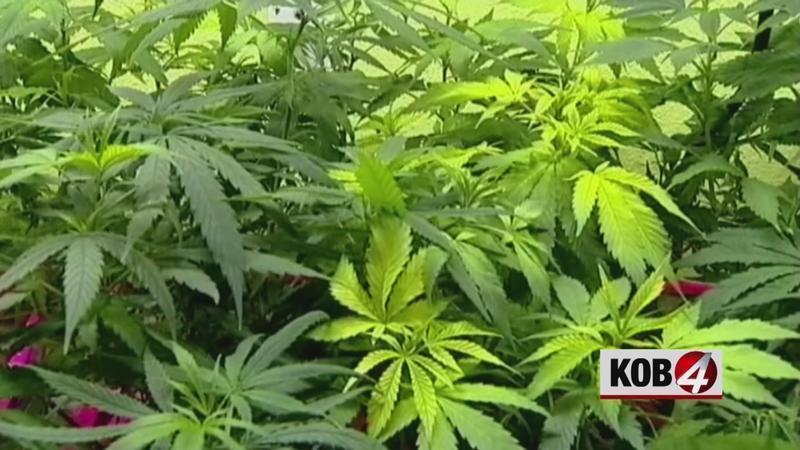New Mexico to end taxes on medical pot, increase grow limits

SANTA FE, N.M. (AP) — New Mexico will stop charging sales taxes on medical marijuana and begin revising current limits on pot cultivation June 29 in the first steps towards legalization of recreational marijuana, top health and licensing regulators announced Wednesday in a letter to authorized cannabis businesses.
Medical marijuana business last month voiced concerns about a potential run on pot supplies and shortages during the transition if authorities don’t move soon to lift a statewide limit on the number of marijuana plants that can be raised by each licensed grower.
Democratic Gov. Michelle Lujan Grisham enacted legislation last month that outlines the oversight, licensing and taxation of the recreational cannabis sector and sets an April 1, 2022, deadline for the first nonmedical marijuana sales.
State Heath Secretary Tracie Collins and Regulation and Licensing Superintendent Linda Trujillo disagree with warnings about an imminent marijuana shortage. They acknowledge that possession of up to 2 ounces (56 grams) of marijuana becomes legal on June 29 — but that recreational marijuana sales won’t kick off until later. The deadline for initiating those sales is April 1, 2021, and potentially earlier.
The state’s newly enacted Cannabis Regulation Act leaves many decisions about marijuana oversight, including initial caps on cultivation, to the Regulation and Licensing Department and a rulemaking process that involves public comment.
“Rulemaking will include revisions to existing producer plant limits, although the content of the proposed rules has not yet been determined,” the letter from regulators states. “The proposed rules will be made available to the public in late May, and a public hearing will be scheduled to occur on June 29, 2021, or shortly thereafter. Our agencies will welcome the input of medical cannabis producers and other interested members of the public as part of that rulemaking process.”
Purchases by medical marijuana patients are still limited to a 90-day supply that some patients have challenged as inadequate. That limit will increase — though it is unclear to what extent.
The state’s marijuana reforms do away with current gross receipts taxes on medical marijuana that added roughly 5% and 9% to transactions. That brings medical marijuana in line with tax exemptions for other medicine.
A new excise tax of 12% on recreational cannabis sales will not apply to medical cannabis for qualified, registered patients.